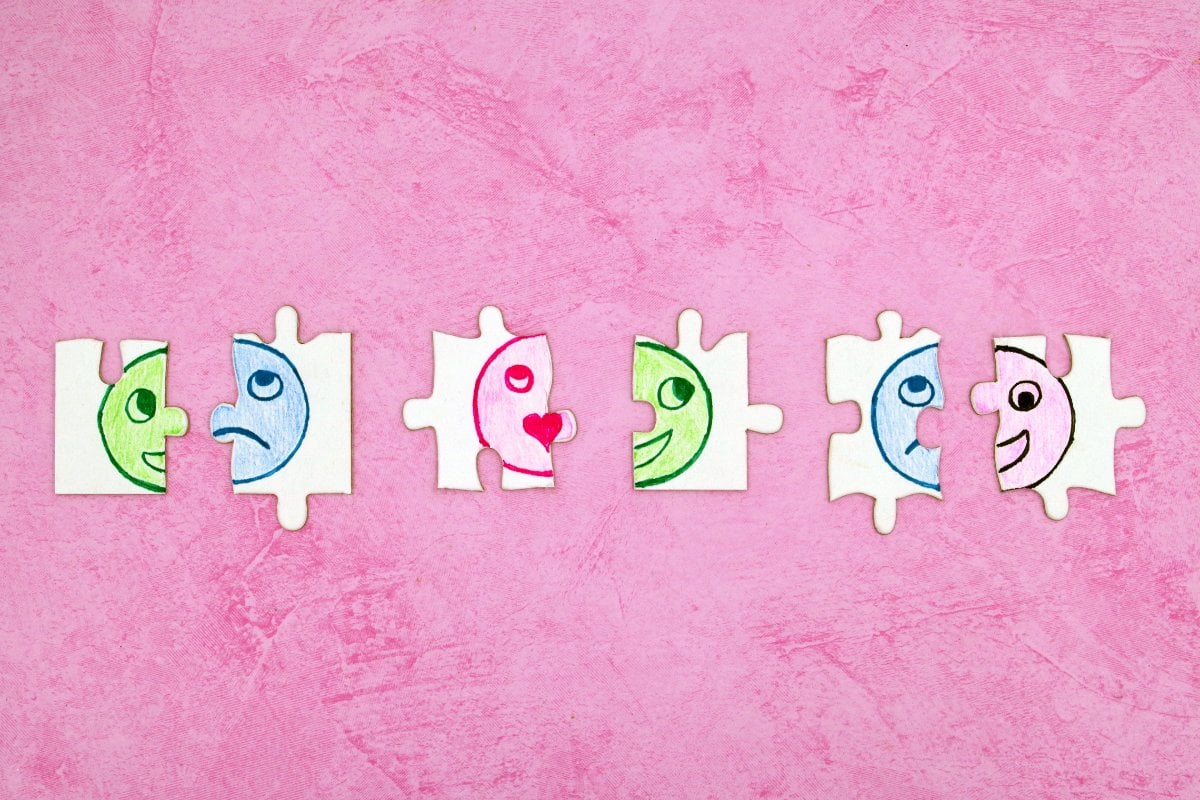
Relationships are hard, no matter what form they come in — whether it's a boss that's grinding your gears, a familial breakdown, or perhaps a long-term relationship that's wavering.
Fortunately though, there is often a way to repair these connections (if you wish to), and it can leave the relationship stronger than before.
So without further ado, here's the golden advice from our golden experts.
A marriage on the rocks.
Isiah McKimmie is a relationship counsellor, sex therapist and sexologist.
She has helped countless couples get back on track with their relationships. Interestingly, she says that not all romantic relationships dissolve because of one big fight or a drama — often it's the festering of little irritations and stagnant communication.
"This is the biggest reason people come to us for help — it's those who are married or in long-term relationships where they're in a rut," she notes.
"By the point the couple notices things aren't good, they're often already really disconnected and those small arguments are adding up all of a sudden. And they usually haven't had sex in months either."
Watch: Glennon Doyle on marriage, untaming and finding her voice. Post continues below.
